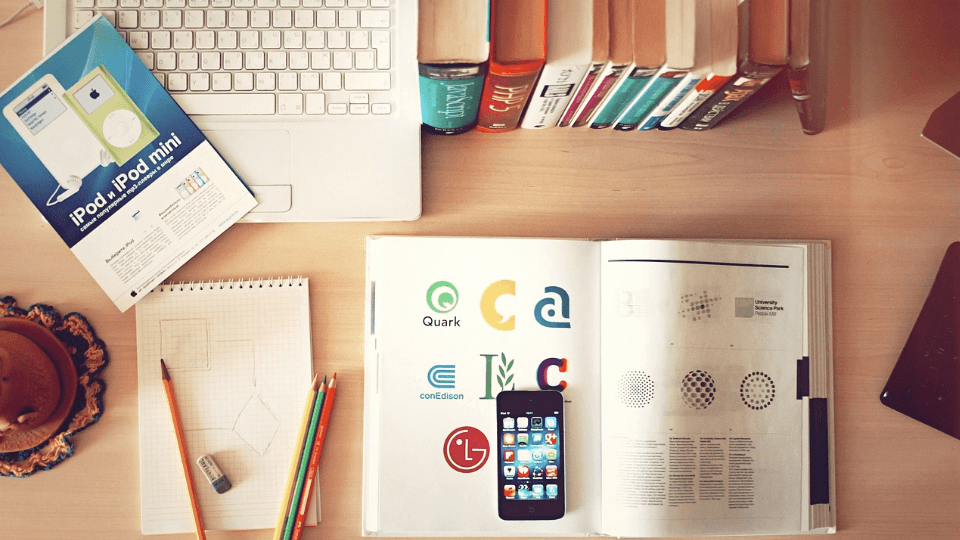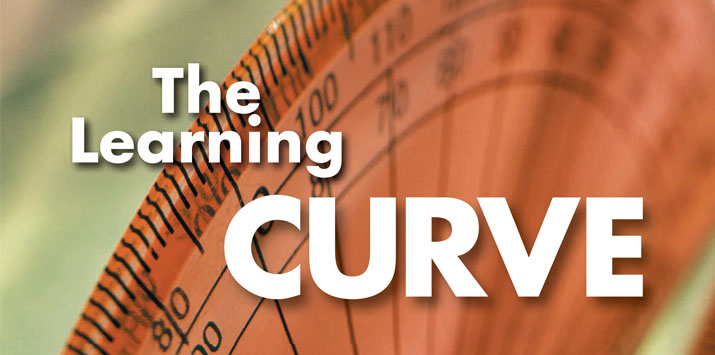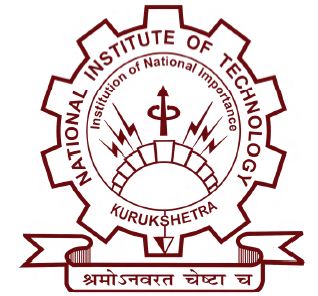STRATEGIES TO LEARN MORE EFFECTIVELY

- DHANYA BAJPE
Becoming an effective and efficient student is not something that happens overnight, but putting a few of these tips into daily practice can help you get more out of your study time.
We all want to improvise our ability to grasp and genuinely learn and acclaim knowledge. However, to store this very knowledge in us, one must be able to understand the most effective and efficient way to study. However, what exactly does the term, “study” mean, and how is it equated to learning?
Studying is basically devoting a considerable amount of time, concentration and efforts to learn a particular thing. Studying can be academic, or non-academic- no matter which field it is, we can all agree that the most important aspect of ‘studying’ is to be able to effectively concentrate, which is exactly what we are helping you to understand, by stating a few methods, generally proven to increase one’s efficacy while studying.
Here are a six research based strategies, to help your inner student bud to their fullest:
- SPACED PRACTICE:
Most of us tend to study at the last minute possible, like the day before an exam. After we complete the exam, voila! We completely forget every single word we learnt. In order to prevent this, it is important to be able to retain what we studied for longer periods of time. One must not just cram everything inside their head, but must learn it in chunks, over a long stretch of time. This allows us to keep relearning whatever we studied, and thus strengthens our memory.
- RETRIEVAL PRACTICE:
Many think that studying is just memorizing texts, skimming through extra materials and re reading books. However, we often forget the most important part. The ability to actually remember the information we read. Perhaps the most efficient way is to recall whatever you have understood. This way your brain won’t trick itself to think that it knows everything, and that it doesn’t need a brush up. Recalling information also helps us to prepare ourselves thoroughly in case we have an important questionnaire to attend in the near future.
- ELABORATION:
Yet another interesting and more vivid way to retain what one studies, is to elaborate on the information. Ask yourself questions, and explore extra facts. Elaborating on an idea helps you to take on a more research oriented approach, to studying. This helps us to delve deep into a subject, and allows us to thoroughly understand the information, thus, helping us to improve our knowledge drastically.
- INTERLEAVING:
Another important, but slightly frustrating and tougher method would be to switch between ideas while studying. Switching between ideas, is tougher, as we tend to make more mistakes and can be slightly annoying. However, this helps us to train and sharpen our mind to be more fluid and properly apply the ideas and information we learn. This is often a method used to get students to improve their aptitude.
- CONCRETE EXAMPLES AND IMAGERY:
When we don’t understand a particular piece of information, taught by someone, we try to understand it by coming up with our own examples. This helps us to connect to the idea much more thoroughly, and helps us to retain this information for a longer period of time. It is also a fact to be considered that ideas are retained more properly when they are connected to a certain image, as the human brain tends to retain visually depicted images for longer periods of time.
- SUMMARISATION:
Paraphrasing an idea or a piece of information is perhaps the most ancient and most common way of studying. When one learns something, and is able to summarize it in their own wordings, focusing especially on the key points, it helps them to memorize them more quickly. Summarizing can be more efficient when one teaches or explains the piece of information to somebody else, or recites it by speech. This is mainly due to the fact that when we recite it, we listen to our own voice, which in turn, makes it easier to remember as the human brain was originally accustomed to retaining information based on oral speech, as in the case of our ancient Indian form of education in Gurukuls.
Thus, one may combine two or more of these strategies to study and genuinely learn, more effectively. Never stop learning!
*Solving MOCK EXAM gives you a perfect idea about the final exam. It helps you to analyse yourself and see where you stand, how much you can score. For doing MOCK EXAM subscribe NOW : https://careermagazine.in/subscribe/





